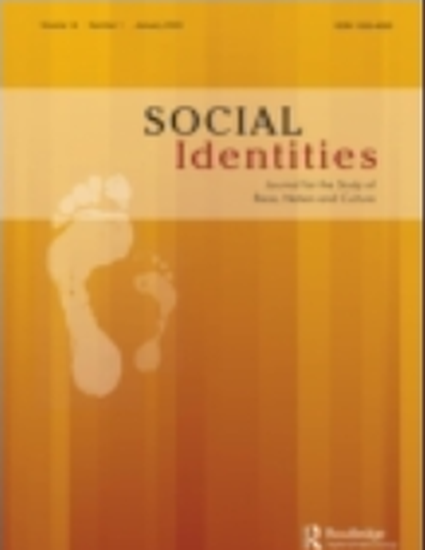
Article
Ethnography of the Ephemeral: Studying Temporary Scenes Through Individual and Collective Approaches
Social Identities
(2009)
Abstract
Ethnographic research is an iterative process in which layers of knowledge gradually accumulate as we spend time in a setting. The information that presents itself most immediately may be fascinating, but is rarely the type of truth that distinguishes good scholarship. How, then, do we come to understand settings and interactions that are of short durations, where our first-hand observations may be limited to a few hours or days? I present three challenges associated with studying short-term events, and potential solutions to each: gaining entrée and finding a productive position from which to observe the scene; the hazards posed by immediately available informants and pre-existing roles; and finally the effect of short, intense field seasons on the refinement of research questions and analysis of data. Insights are drawn from an independent, multi-year study on county fairs, and a collaborative study of the annual Consumer Electronics Show in Las Vegas, Nevada – a four-day event that draws over 100,000 attendees. Concluding remarks contrast the two approaches and reflect on lessons learned from each.
Keywords
- ethnography,
- collaborative methodology,
- temporary events,
- trade shows,
- fairs
Disciplines
Publication Date
2009
DOI
10.1080/13504630903043865
Citation Information
Krista E. Paulsen. "Ethnography of the Ephemeral: Studying Temporary Scenes Through Individual and Collective Approaches" Social Identities Vol. 15 Iss. 4 (2009) p. 509 - 524 Available at: http://works.bepress.com/krista-paulsen/6/
